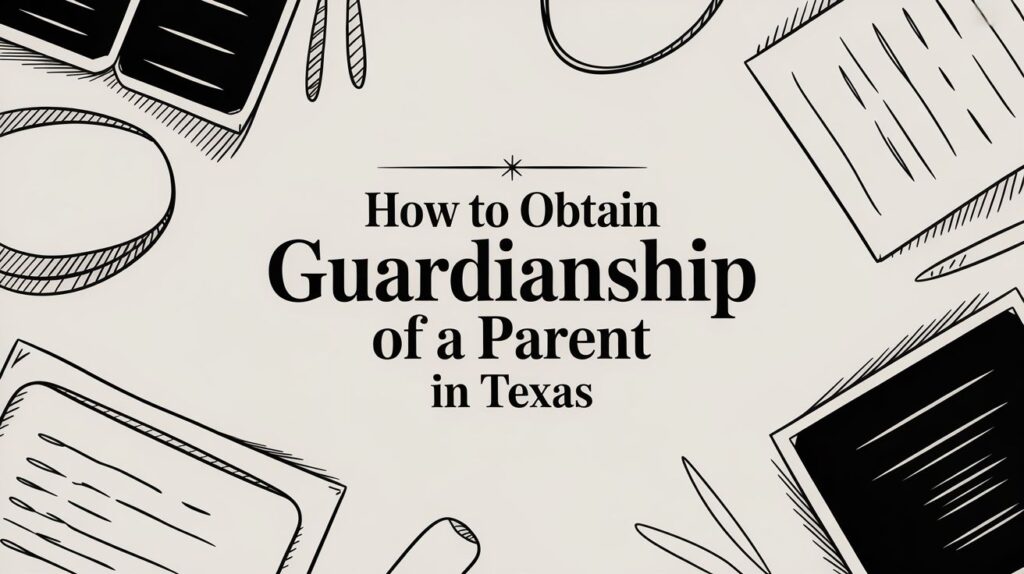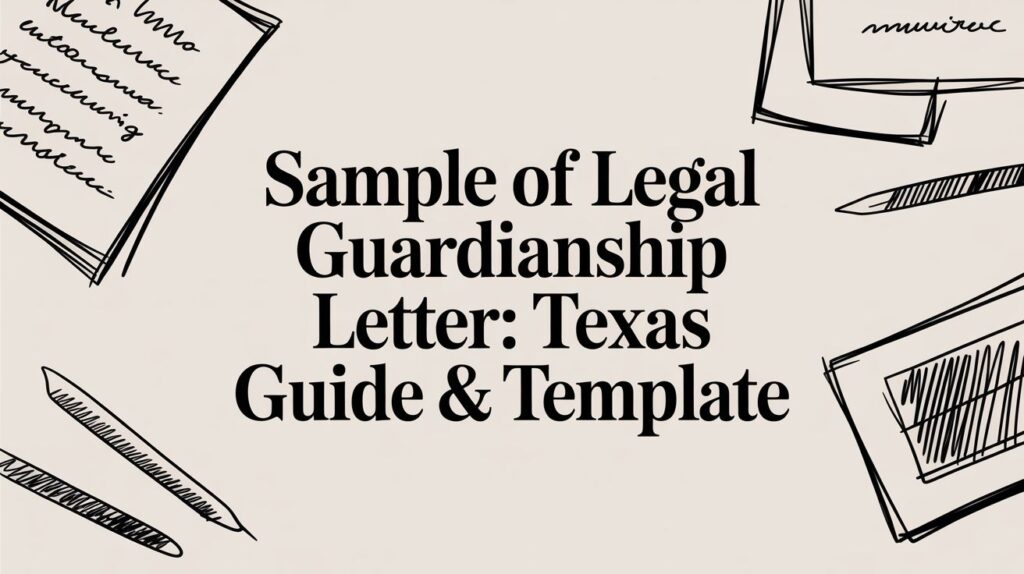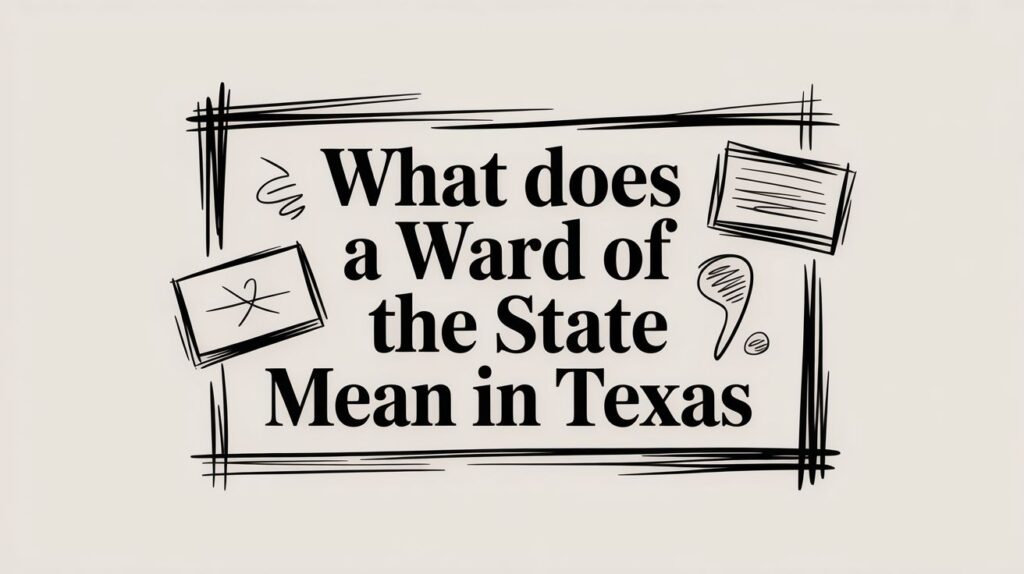Understanding Texas Guardianship Law
Texas guardianship law is designed to protect individuals who are unable to care for themselves, whether due to age, disability, or incapacity. The law outlines the responsibilities and powers of guardians, ensuring that the best interests of the wards are prioritized.
In Texas, guardianship can be established for minors or adults who cannot manage their personal affairs. The process typically involves a court hearing where evidence is presented to demonstrate the need for guardianship. This legal framework helps safeguard the rights and welfare of vulnerable individuals.
Types of Guardianships in Texas
There are several types of guardianships recognized under Texas law, including guardianship of the person, guardianship of the estate, and joint guardianship. Each type serves a specific purpose and is suited to different situations based on the needs of the ward.
For instance, guardianship of the person allows the guardian to make personal decisions, such as healthcare and living arrangements, while guardianship of the estate grants the guardian authority over financial matters. Understanding these distinctions is crucial for anyone considering guardianship in Texas.
The Guardianship Process in Texas
The guardianship process in Texas involves several key steps, beginning with the filing of a petition in the appropriate court. This petition must detail the reasons for seeking guardianship and provide evidence that the proposed ward is indeed incapacitated.
Once the petition is filed, a court-appointed attorney may be assigned to represent the interests of the proposed ward. A hearing will then be scheduled where evidence and testimonies are presented to determine whether guardianship is necessary, ensuring that the rights of the individual are protected throughout the process.
Responsibilities of a Guardian in Texas
Guardians in Texas have a legal obligation to act in the best interests of their wards, which includes making informed decisions about their care, financial management, and overall well-being. This responsibility requires a high level of diligence and accountability.
Additionally, guardians must regularly report to the court regarding the status of the ward and any significant decisions made on their behalf. This oversight helps to ensure that the guardian is fulfilling their duties appropriately and that the ward's rights are being respected.
Understanding Texas Guardianship Law
Texas guardianship law is designed to protect individuals who are unable to care for themselves, whether due to age, disability, or incapacity. The law outlines the responsibilities and powers of guardians, ensuring that the best interests of the wards are prioritized.
In Texas, guardianship can be established for minors or adults who cannot manage their personal affairs. The process typically involves a court hearing where evidence is presented to demonstrate the need for guardianship. This legal framework helps safeguard the rights and welfare of vulnerable individuals.
Types of Guardianships in Texas
There are several types of guardianships recognized under Texas law, including guardianship of the person, guardianship of the estate, and joint guardianship. Each type serves a specific purpose and is suited to different situations based on the needs of the ward.
For instance, guardianship of the person allows the guardian to make personal decisions, such as healthcare and living arrangements, while guardianship of the estate grants the guardian authority over financial matters. Understanding these distinctions is crucial for anyone considering guardianship in Texas.
The Guardianship Process in Texas
The guardianship process in Texas involves several key steps, beginning with the filing of a petition in the appropriate court. This petition must detail the reasons for seeking guardianship and provide evidence that the proposed ward is indeed incapacitated.
Once the petition is filed, a court-appointed attorney may be assigned to represent the interests of the proposed ward. A hearing will then be scheduled where evidence and testimonies are presented to determine whether guardianship is necessary, ensuring that the rights of the individual are protected throughout the process.
Responsibilities of a Guardian in Texas
Guardians in Texas have a legal obligation to act in the best interests of their wards, which includes making informed decisions about their care, financial management, and overall well-being. This responsibility requires a high level of diligence and accountability.
Additionally, guardians must regularly report to the court regarding the status of the ward and any significant decisions made on their behalf. This oversight helps to ensure that the guardian is fulfilling their duties appropriately and that the ward's rights are being respected.



